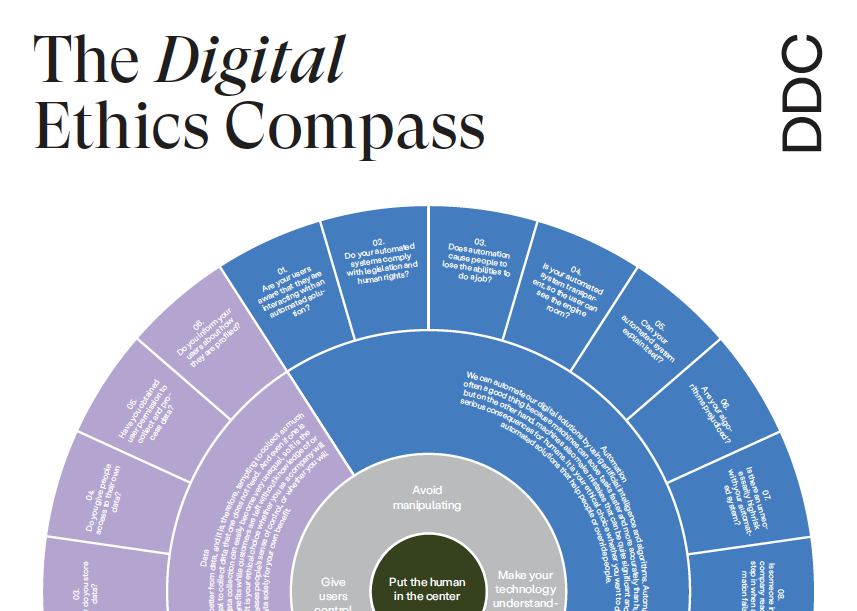Digital Ethics: What It Means for You at Work
Introduction
Every day, you make decisions that involve technology. Sometimes you do so without even realizing it.
Sending a quick email with an attachment, pasting text into an AI tool, or uploading files to the cloud might feel routine, but each of those choices carries weight. They affect not just you, but your company and its clients too.
That’s where digital ethics come in.
What Does “Digital Ethics” Mean?
When you use technology, making responsible choices keeps the data you manage secure and helps to create a safer overall online environment. It’s not just about following the rules, but about doing what’s right when handling information that isn’t yours.
That’s digital ethics.
Think of it this way: If you wouldn’t want your personal information exposed or misused, the same respect should apply to client data, company files, or even a coworker’s private details.

Why It Matters to You
First and foremost, digital ethics reinforces and protects trust. Clients and coworkers trust you to handle sensitive information carefully. On the other hand, one careless click or copy-paste into the wrong platform could break that trust—and once it’s gone, digital trust is hard to get back.
Then we must consider what happens if we misuse AI and other everyday tools, even by accident. From Microsoft Word’s built-in AI features to chatbots like ChatGPT, many of the tools you use now come with automation. If you feed them sensitive information (like client records), however, then that data ends up stored on third-party servers and exposed to unauthorized users.
In other words, digital ethics and cybersecurity go hand in hand. Just because a tool makes your job easier doesn’t mean that it’s safe to use. If your company hasn’t approved it, then you should avoid using that tool. It might put everyone’s data at risk, or even violate laws like HIPAA or GDPR.
Finally, consider your own professional reputation. Therefore following digital ethics isn’t only about protecting the company, but also about protecting yourself. Mishandling data can lead to disciplinary action, and in some cases, even legal consequences.
How You Can Practice Digital Ethics at Work
Now that you understand what digital ethics is and how it helps safeguard data, you may wonder how to implement it into your daily tasks at work.
Remember these tips:
- Pause Before You Share
Ask yourself, “Should this platform view or manage this information?” If you’re unsure, it probably shouldn’t. - Stick to Approved Tools
If the company hasn’t cleared a tool or AI platform, don’t use it for work. Using unapproved programs, a risk known as Shadow AI, creates a big risk. - Maintain Transparency and Clarity
If a client or coworker asks how their data is being used, answer as honestly as you can. - Limit What You Collect and Keep
Don’t save or forward any more information than strictly necessary. The less data floating around, the lower the risk. - Speak Up
If you see something that feels “off,” like a request for private info in an AI system or unusual access permissions, flag it. Ethics often comes down to doing the right thing, even when it’s inconvenient.
Conclusion
Digital ethics isn’t an abstract idea. It’s part of your everyday work. Every message you send, every tool you use, and every piece of data you handle comes with innate responsibility.
Innovation will keep moving fast, but ethics is what ensures we move in the right direction. By practicing digital ethics, you’re not just protecting the company. You’re protecting your own reputation, your clients’ trust, and the security of everyone you work with.
The post Digital Ethics: What It Means for You at Work appeared first on Cybersafe.


